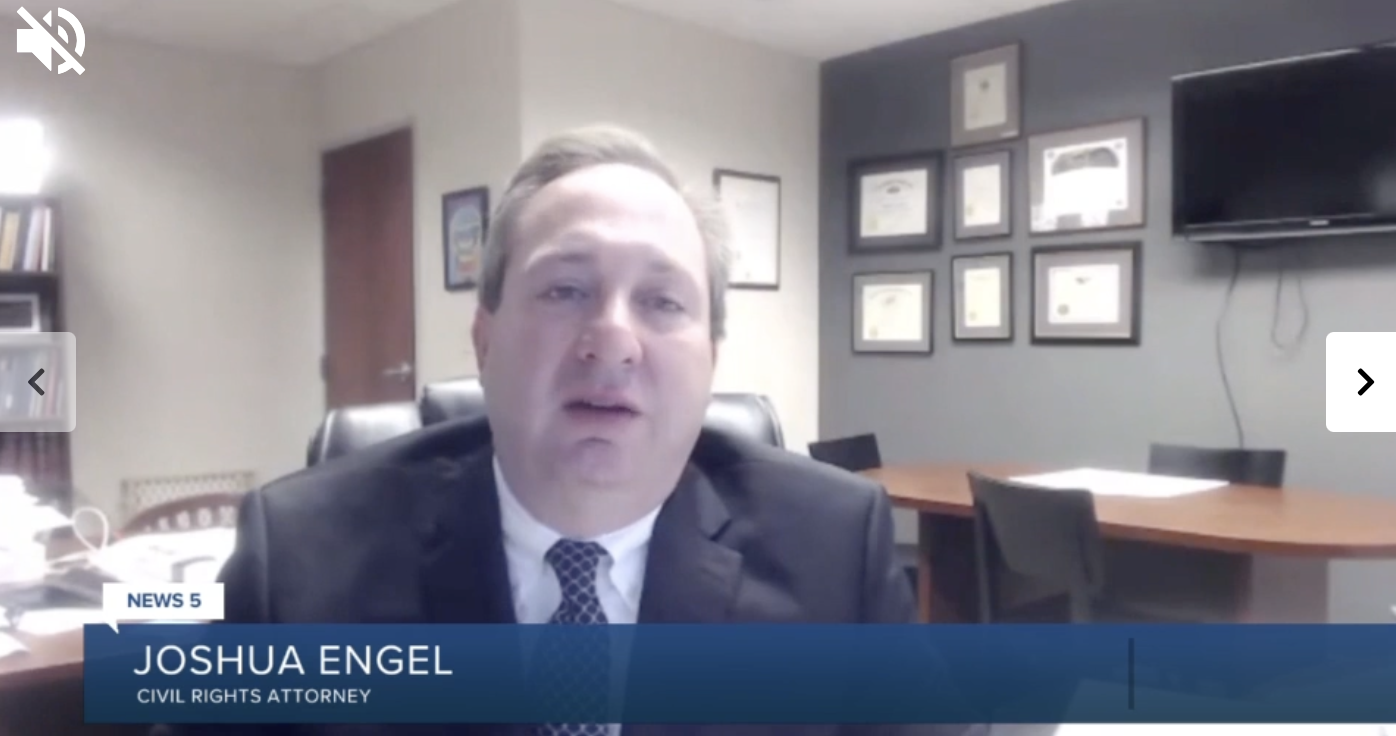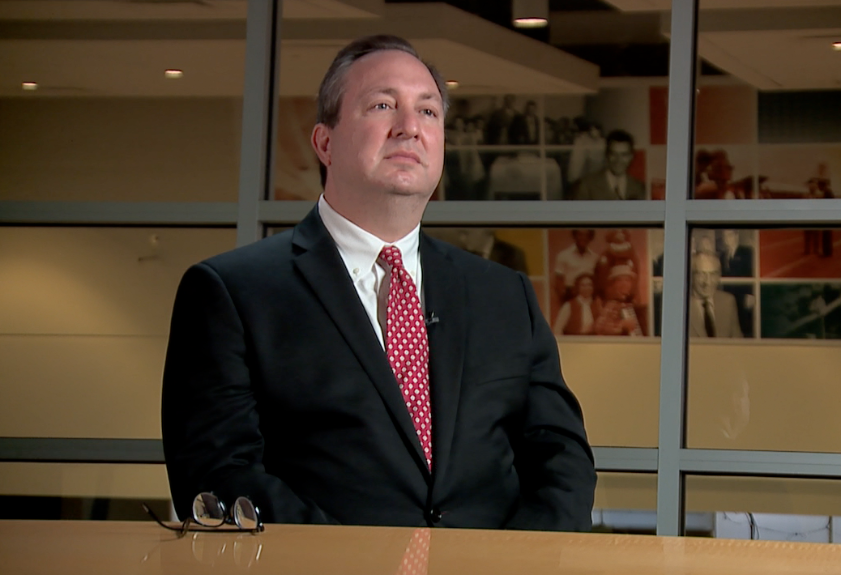
Managing Partner Joshua Engel will be presenting a talk titled, “Blocking and Cancelling: Social Media and the First Amendment”
Engel’s talk will focus on the use of social media by elected officials. Engel & Martin has brought a number of federal free speech civil rights cases against an elected officials who blocked citizens who had criticized government policies from access to their Facebook pages
Social media sites, like Facebook, Twitter, and Instagram, allow information to be shared by public officials. People who read posts from elected officials may respond with comments or questions. The replies are visible to anyone who views the original post, unless removed by a person with control over the original post. These sites also allow “blocking.” When an elected official blocks another user, the blocked user is unable to tag the user or see posts from the elected official.
Elected officials often opt to use social media as an instrument of governance. The social media sites become a forum in which private citizens can hear from the elected official about matters relating to government, respond to them directly, and engage with one another about issues facing the community. Having elected to use social media in this way, elected officials are bound by the First Amendment. Their social media posts encompass designated public forums and elected officials violate the First Amendment when they blocked citizens because of their expressed political viewpoints.
The First Amendment applies here because of the way in which elected officials use their social media pages. They often shares information about public issues and display their offices. The social media accounts in these situations are not purely private accounts – such as one used to share pictures of grandkids or family vacations; it is an instrument of governance. These social media accounts, because of the way in which elected officials use them, constitute designated public forums.

The First Amendment bars elected officials from burdening a citizens’ access to generally available governmental information or participation in on-line conversations solely because they have criticized the elected official. Hhaving made the social media sites available to the public at large, the First Amendment bars elected officials from closing it to citizens based on their viewpoints.
Engel will speak at the Northeast Lawyers Club on April 1, 2022 at 11:00 a.m. at the Original Montgomery Inn in Cincinnati, Ohio.
